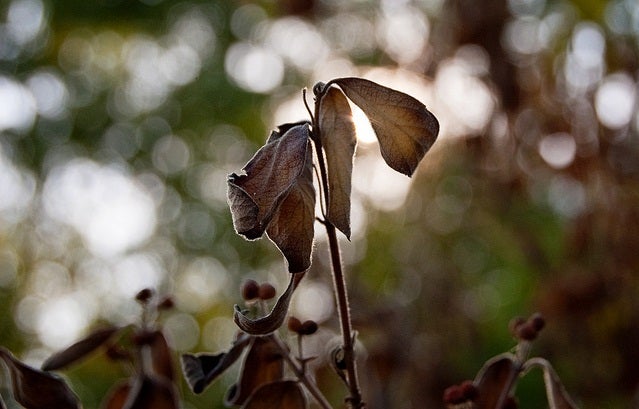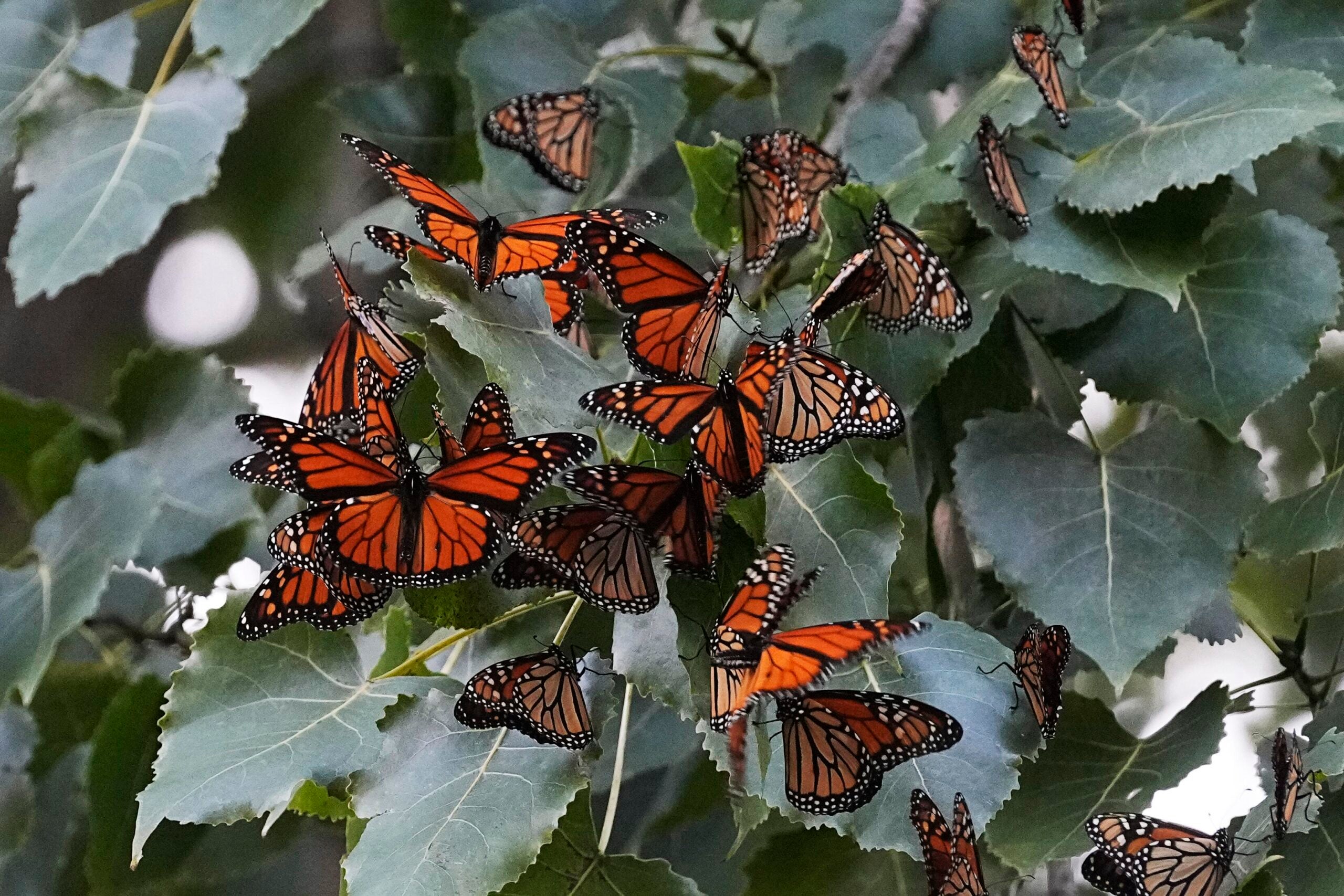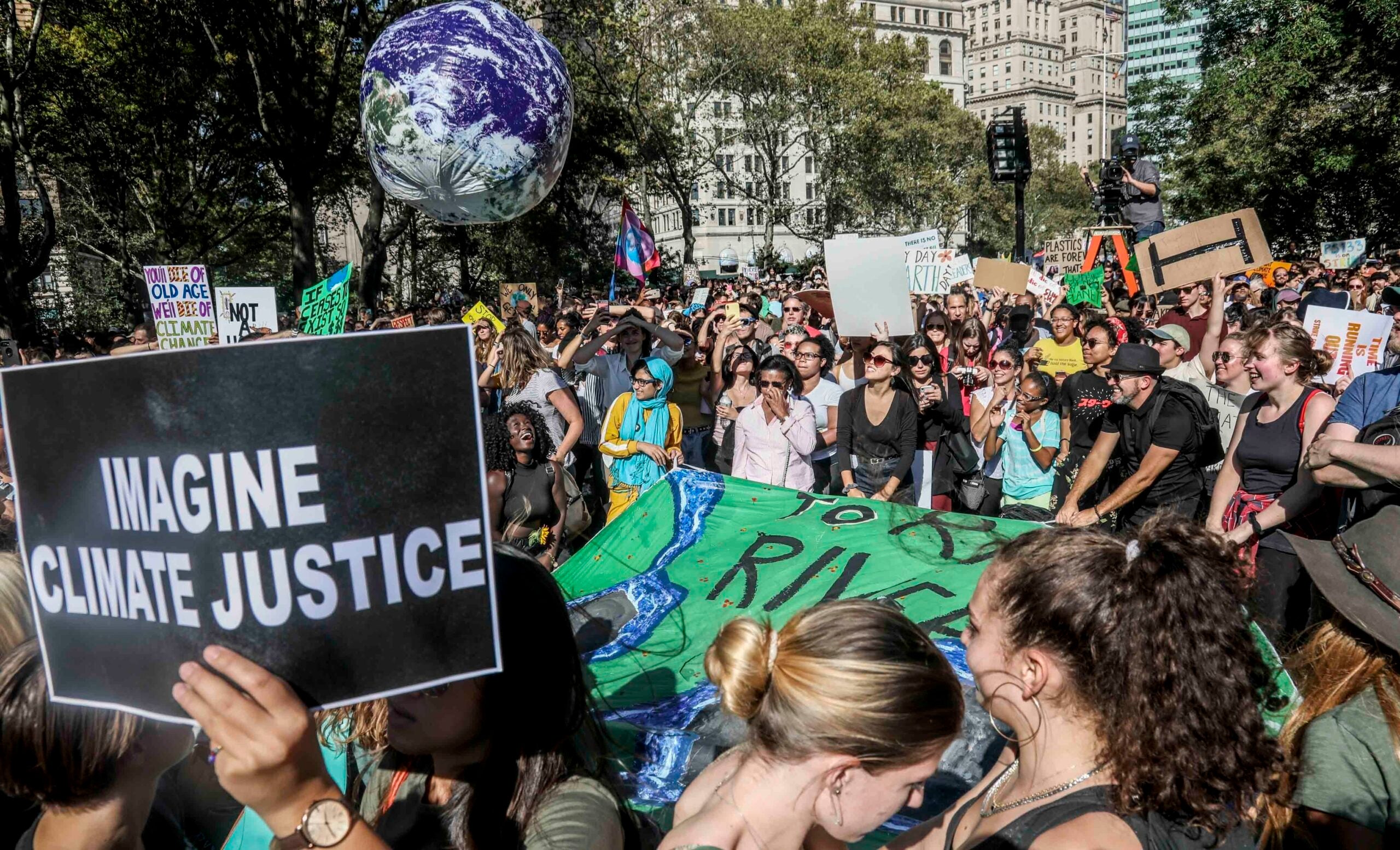A top climate researcher speaking in Milwaukee Monday says much of the nation went through a “flash drought” this summer. He also warned about what may be ahead for future growing seasons.
Thomas Karl directs the National Climatic Data Center. He shared in the Nobel Peace Prize five years ago, as part of an intergovernmental panel on climate change. Karl says the very dry conditions in southern Wisconsin and much of the Midwest earlier this summer were made worse by monthly temperatures in the top third of all-time records for much of the last year. “What this drought unusual is high temperatures making for a flash drought very quickly.”
Karl says the contribution of higher temperatures to the extreme drought this year was significantly stronger than during the drought of the dust bowl years in the 1930s.
News with a little more humanity
WPR’s “Wisconsin Today” newsletter keeps you connected to the state you love without feeling overwhelmed. No paywall. No agenda. No corporate filter.
Karl also told a conference on phenology, a science that looks at climate-affected growing seasons, bird migrations and other ecosystem changes that more revisions in planting seasons in the U.S. may be ahead. He says some federally listed plant hardiness zones have already changed in the last decade, and more changes for the upper Midwest may be in store.
Karl says large weather patterns like la niñas and el niños can still play a big role in what is going on outdoors. However, he contends on top of natural variability, there are human activities adding to or subtracting from those patterns.
Wisconsin Public Radio, © Copyright 2025, Board of Regents of the University of Wisconsin System and Wisconsin Educational Communications Board.







